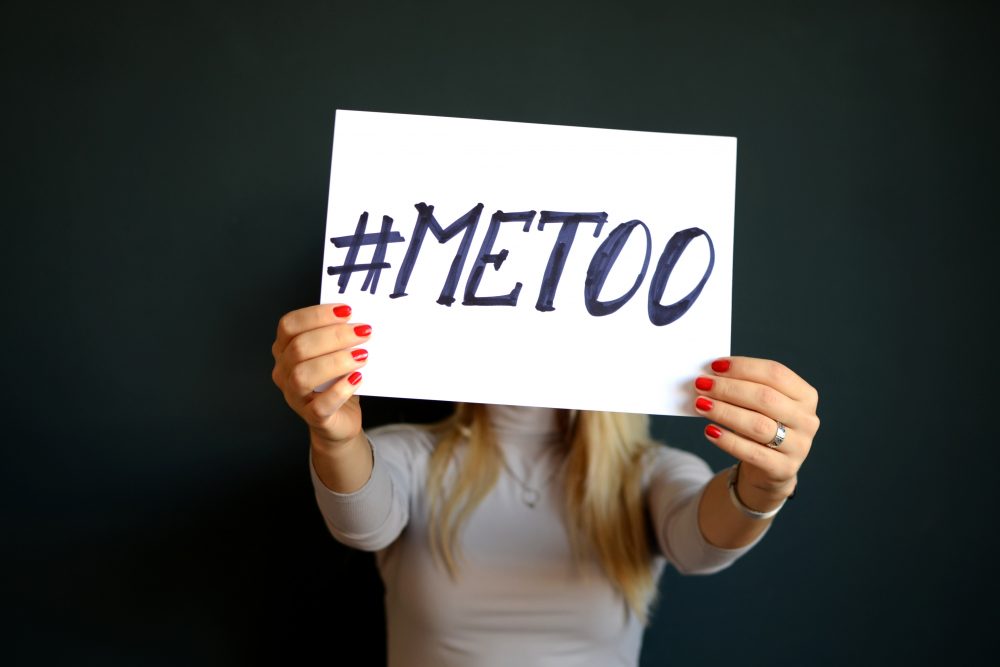Sir Philip Green, the retail tycoon worth an estimated £2 billion was named on Thursday — under parliamentary privilege — as the businessman behind a court injunction preventing The Daily Telegraph from publishing allegations of sexual and racial harassment.
The Court of Appeal’s temporary order banning the naming of Sir Philip remains in place, but Labour peer Peter Hain told the House of Lords he “felt it was his duty” to identify the Topshop boss, claiming it was in the public interest.
A year after Harvey Weinstein was revealed to have silenced victims through non-disclosure agreements (NDAs), their use in claims of workplace harassment has once again become a heated topic.
The “British #MeToo Scandal”

The injunction was first brought to light on 24 October, with The Telegraph saying a “leading businessman” had won a legal battle to stop the newspaper printing “confidential information” from five employees.
The newspaper stated that eight months were dedicated to investigating allegations of bullying, intimidation and sexual harassment.
Sir Philip was reportedly contacted for comment in July, with a number of senior staff applying for an injunction to stop details being published. A high court judge refused to grant the gagging order the following month, but appeal court judges subsequently ruled in the businessman’s favour.
The Telegraph also reported that interviews with five members of Philip Green’s staff revealed “substantial sums” having been paid in return for legal commitments to not discuss their alleged experiences.
However, under parliamentary privilege, MPs and peers are protected from prosecution over statements made in the House of Commons or Lords. The media are then permitted to report on what they say.
Sir Philip denies the allegations against him, saying in a statement on Thursday that he was “not commenting on anything that has happened in court or was said in Parliament.”
The statement continues, “To the extent that it is suggested that I have been guilty of unlawful sexual or racist behaviour, I categorically and wholly deny these allegations.
“Arcadia and I take accusations and grievances from employees very seriously and in the event that one is raised, it is thoroughly investigated.
“Arcadia employs more than 20,000 people and in common with many large businesses sometimes receives formal complaints from employees.
“In some cases these are settled with the agreement of all parties and their legal advisers. These settlements are confidential so I cannot comment further on them.”
The NDA – a Get Out for Bad Behaviour?
 The Women’s March through London shone a light on sexual harassment. Credit: Ollie Cole/@ProducerOllie
The Women’s March through London shone a light on sexual harassment. Credit: Ollie Cole/@ProducerOllie
Non-disclosure agreements are legal contracts which restrict what a person can say, or who they can tell, about given information. These restrictions often appear in employment contracts and are a common feature of settlement agreements, which are used to resolve legal disputes outside court.
Harvey Weinstein’s former assistant Zelda Perkins broke her own NDA last year in an interview with the Financial Times, in order to speak out about alleged harassment against her and a colleague.
Speaking to Channel 4 about the Philip Green case, Perkins welcomed Lord Hain’s statement in the House of Lords.
“I think it [the use of parliamentary privilege to name Sir Philip] shows exactly the problem with these NDAs, and the intimidation that they’ve created,” she told presenter Matt Frei.
The TV producer added that the contracts were being used “completely unethically,” and that the “legal environment” needed to be changed around the agreements.
Ms. Perkins believes that people are coming to understand that the issues are those of “power abuse and equality, and the equality is not just [related to] gender.”
Could There Be Any Change?
Earlier this year, Ms. Perkins appeared before a parliamentary committee to make the case for a legislative change to NDAs.
The women and equalities select committee has recommended changes to the law, but has yet to receive a response from government.
“There cannot be a legal document that protects criminal behavior or coercive behavior."
Harvey Weinstein's former assistant Zelda Perkins answers questions from British lawmakers about a nondisclosure agreement she signed over an alleged sexual assault by the producer. pic.twitter.com/j0WavLNE99
— NBC News (@NBCNews) March 28, 2018
Overall, the committee found that the government, professional regulators, and employers are failing to tackle “widespread” sexual harassment in the workplace.
This not only undermines victims’ right to privacy (Article 8 of the Human Rights Convention), which encompasses a person’s physical and psychological integrity, but also amounts to sex discrimination, which is prohibited under Article 14 of the Human Rights Convention. Other international treaties also address gender equality, such as the Convention on the Elimination of All Forms of Discrimination Against Women.
- READ MORE: Gagging Clauses Are Being Used To Silence Sexual Harassment in the Workplace, Parliament Finds
With the issue once again under the spotlight, Maria Miller, the Conservative MP who chairs the committee, urged the government to respond.
Before Green was named, Prime Minister Theresa May told parliament that some employers were using NDAs “unethically” and that improved regulation would be sought.







